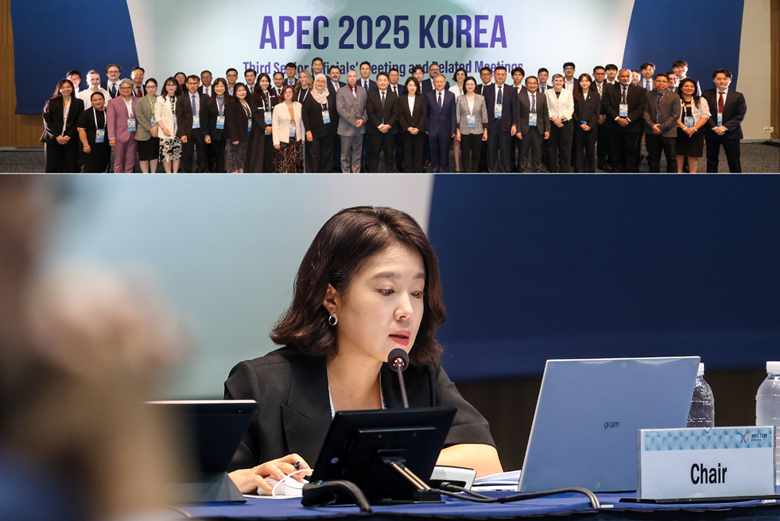Modernizing Customs: Tackling Trade Bottlenecks and Digital Pressures

Customs officials from across the Asia-Pacific convened in Incheon for the second meeting of the APEC Sub-Committee on Customs Procedures (SCCP), with a sharp focus on harnessing artificial intelligence and digital innovation to boost trade efficiency, resilience and security.
The meeting, held in Incheon, last week, spotlighted APEC’s ongoing efforts to streamline customs procedures and remove bottlenecks across borders, central to reducing trade costs and enabling small businesses to compete in global markets.
“In today’s fast-changing environment, innovation is no longer optional, it is essential,” said Myeong-ku Lee, Commissioner of the Korea Customs Service, in his welcoming remarks. “Artificial intelligence can enable faster and more accurate customs clearance, but we must strengthen cross-border cooperation and trust to fully unlock its benefits.”
Key discussions over the three-day meeting focused on strengthening risk management, leveraging data and emerging technologies and enhancing cooperation with the private sector.
“Trade and customs environments are becoming increasingly complex, particularly with the rise of e-commerce, carbon border measures and supply chain security concerns,” said Ju-yeon Lim, chair of the sub-committee. “Customs authorities must now juggle traditional roles with mounting pressure to address sustainability, digitalization and resilience simultaneously.”
Members reviewed progress on implementing the Framework for Supply Chain Connectivity and shared updates on digital trade facilitation projects, including the adoption of electronic certificates of origin, the use of single window systems and pilots involving artificial intelligence and blockchain.
A highlight of the week was the APEC Customs-Business Dialogue, which brought together customs administrations and industry leaders for candid discussions on e-commerce, authorized economic operators (AEOs) and trusted trader programs. The dialogue underscored the importance of agile rules and digital tools to support fast-moving business models while managing risks at scale.
Discussions extended to emerging concerns, including low-carbon logistics and environmental customs measures aligned with green trade objectives. Economies examined how customs can contribute to sustainability through digital documentation, carbon-aware protocols and eco-friendly process design.
The meeting also featured a series of side events, including a Cross-Border E-Commerce Workshop, an International Origin Seminar and a dedicated AI Customs Exhibition showcasing Korea’s pioneering applications in risk profiling and automated documentation.
Commissioner Lee stressed the need for data-driven risk management, streamlined digital processes and international alignment to address growing complexities in cross-border trade, from e-commerce to supply chain security. “Technology alone is not enough, we need trust, interoperability and shared standards,” he concluded, underscoring SCCP’s central role in advancing collective solutions.
For media inquiries or further information, please contact:
[email protected]

